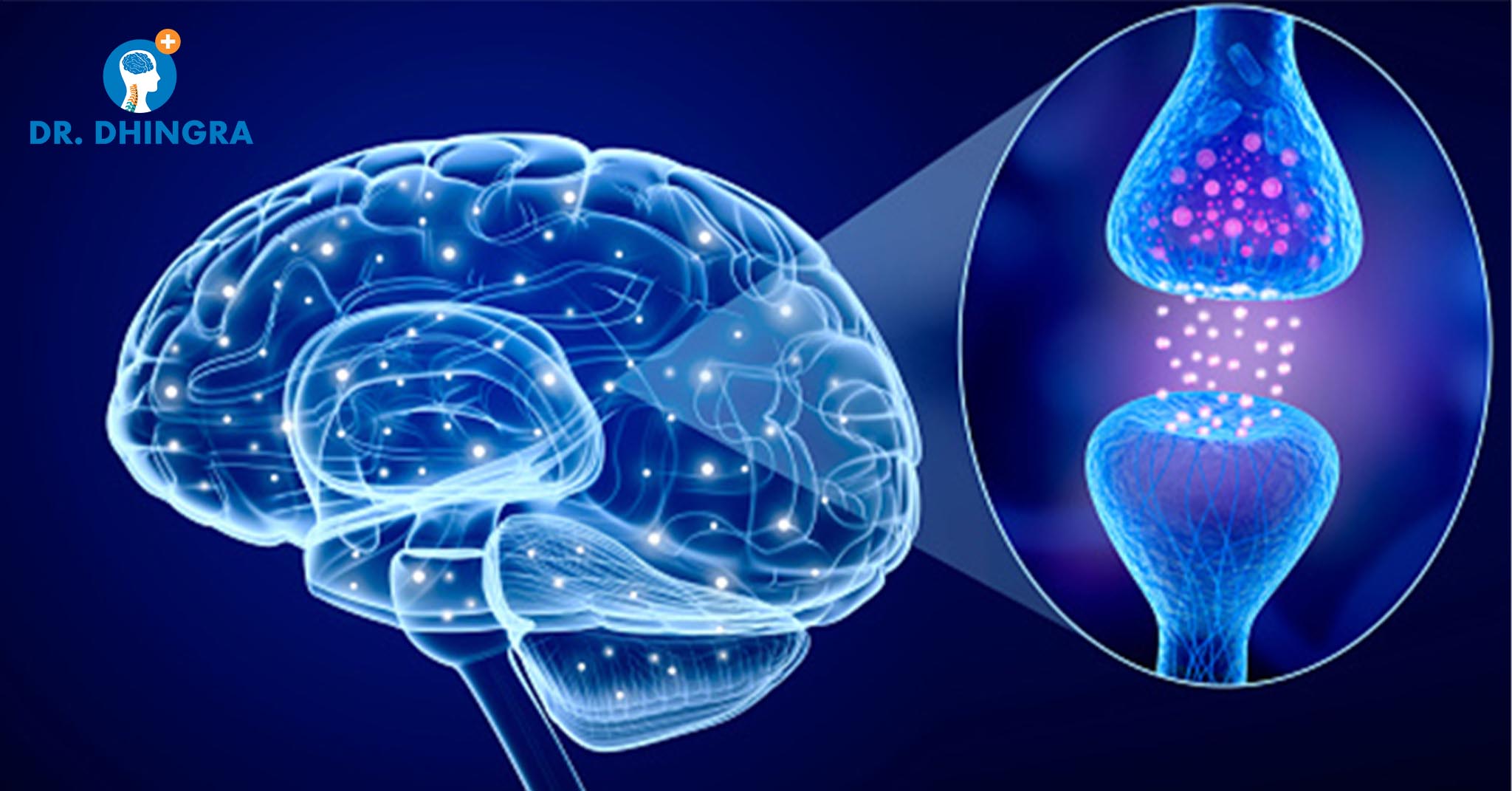
Parkinson’s Disease
A neurological condition that affects the speed, fluency, quality, and ease of movement is termed as a movement disorder. Cerebral Palsy, Ataxia, and Tourette syndrome including Parkinson’s disease are some of the movement disorders which affect a person’s ability to move or stay still. Dr Anil Dhingra best neurosurgeon in Chandigarh discusses the symptoms, causes treatment of Parkinson’s disease as follows:
What is Parkinson’s disease?
Parkinson’s is the disease which damages our central nervous system which includes our brain and spine. It is a medical condition which damages the cells that makes dopamine in a part of the brain. Dopamine cells are responsible for sending information to other cells which makes us do the actions we need to do. Parkinson’s disease makes these cells die as a result of which the motor system of our body gets affected.
What are the symptoms of Parkinson’s disease?
Symptoms of Parkinson’s disease vary from individual to individual. Some of the symptoms are as follows:
– Tremor:
Tremor is an uncontrolled shaking which usually begins in hands and arms but it can sometimes happen in jaw or feet too.
– Stiffness:
Parkinson’s cause rigidness which makes it difficult to move parts of the body.
– Slow movements:
Actions like walking, eating and even talking, becomes hard and slow in Parkinson’s disease. In medical terms, this condition is called Bradykinesia.
– Changes in Walking:
One of the common signs witnessed in patients with Parkinson’s is that your arms stop swinging when you walk. Gradually, your steps become short and shuffling.
Other symptoms include trouble with balance, memory problems, stooped posture, etc.
Causes of Parkinson’s disease
Some of the causes of Parkinson’s disease are:
– Genetics:
A research has found out that genetic factors were involved in 30% of Parkinson’s risk. Genetic mutations also increase the risk.
– Environmental Factors:
Environmental factors such as head injury, exposure to pesticides, smoking and caffeine are some of the environmental factors responsible for increased risk of Parkinson’s disease.
– Ageing:
Our body cells are more vulnerable to damage as we grow old which makes ageing greatest risk factor for Parkinson’s disease.
Treatment of Parkinson’s disease
Parkinson’s is an incurable disease, however, medications help control the symptoms drastically. Your neurosurgeon may recommend lifestyle changes too. Physical therapy goes a long way in correcting the posture. Depending on your condition, you might have to see a speech-language pathologist which may help you improve your speech. In some extreme cases, the patient has to undergo surgery too.
There is no proven way to prevent Parkinson’s disease, however, studies have shown that aerobic exercise might reduce the risk of Parkinson’s disease. Dr Anil Dhingra top neurosurgeon in Chandigarh makes every possible effort to create awareness about such more movement disorders.
